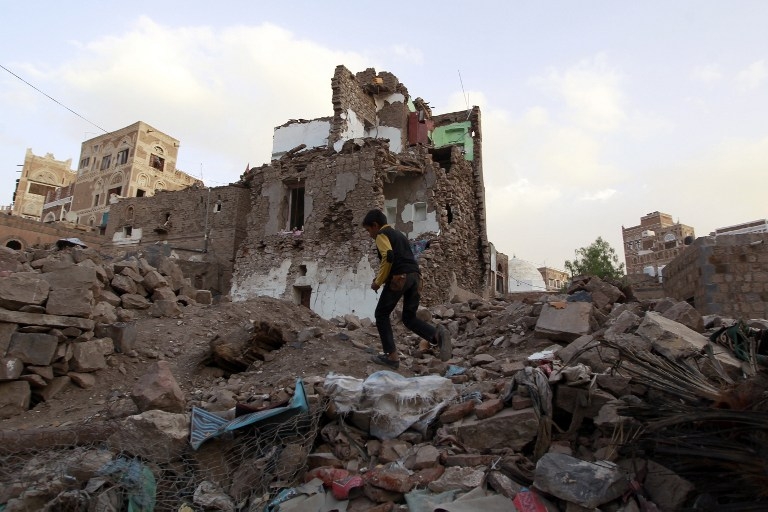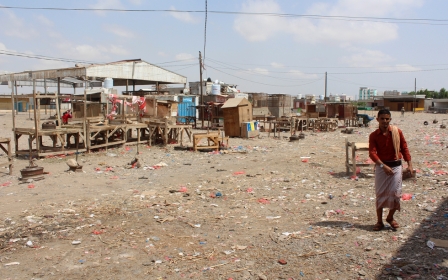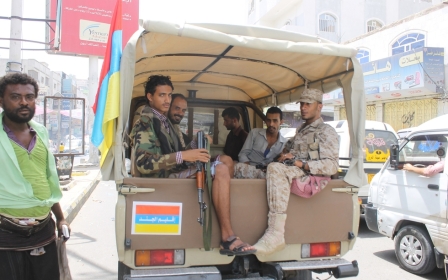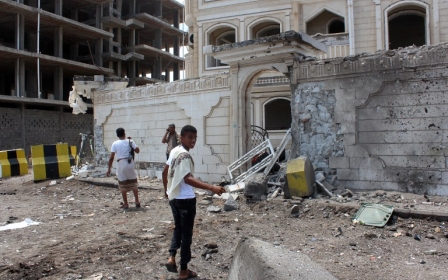Saudi-led coalition rejects UN blacklisting over Yemen

The Saudi-led coalition fighting the Houthis in Yemen rejects a UN report that placed it on an annual blacklist over the deaths of hundreds of children in air strikes.
"The report is imbalanced and does not rely on credible statistics, nor does it serve the Yemeni people," coalition spokesman Brigadier General Ahmed Assiri told the official Saudi Press Agency on Sunday.
"It misleads the public with incorrect numbers and mostly relies on information from sources associated with the Houthi militia and the deposed [former Yemeni president Ali Abdullah] Saleh," he said.
The report, released on Thursday by the office of UN Secretary-General Ban Ki-moon, said 785 children had been killed and 1,168 injured in Yemen last year, blaming the Saudi-led coalition for 60 percent of the toll.
It blacklisted both the coalition and rebel forces for a "very large number of violations" including "attacks on schools and hospitals".
The UN also said this week that despite a fragile ceasefire agreed in Yemen two months ago, civilians in the country face an "immeasurable" humanitarian crisis.
Saudi Arabia launched the intervention in Yemen last March in support of the internationally recognised government of Abd Mansour Hadi against the Houthis.
The group is accused of having links with Iran and army units loyal to Saleh, who was forced out of office in 2012 under a Gulf-sponsored deal.
The war has left an estimated 6,400 people dead, according to the UN.
Assiri said the coalition was in Yemen to "protect the Yemeni people, including children, from the actions of the Houthi militia".
He cited a $30mn million Saudi aid programme for Yemen launched in cooperation with the UN children's fund (UNICEF).
In separate comments to the Saudi daily newspaper Al-Sharq al-Awsat, he said Ban's report would not help peace talks underway in Kuwait, and would "complicate the mission" of the UN's envoy to Yemen, Ismail Ould Cheikh Ahmed.
Human rights groups have repeatedly raised concerns about Saudi air strikes on urban areas in Yemen and accused the coalition of deliberately targeting civilians with cluster bombs, which would constitute a war crime.
In late May, US magazine Foreign Policy reported that the White House had frozen shipments of cluster bombs to Saudi Arabia over concerns that its Gulf ally was using the weapons in areas where civilians were present.
New MEE newsletter: Jerusalem Dispatch
Sign up to get the latest insights and analysis on Israel-Palestine, alongside Turkey Unpacked and other MEE newsletters
Middle East Eye delivers independent and unrivalled coverage and analysis of the Middle East, North Africa and beyond. To learn more about republishing this content and the associated fees, please fill out this form. More about MEE can be found here.




